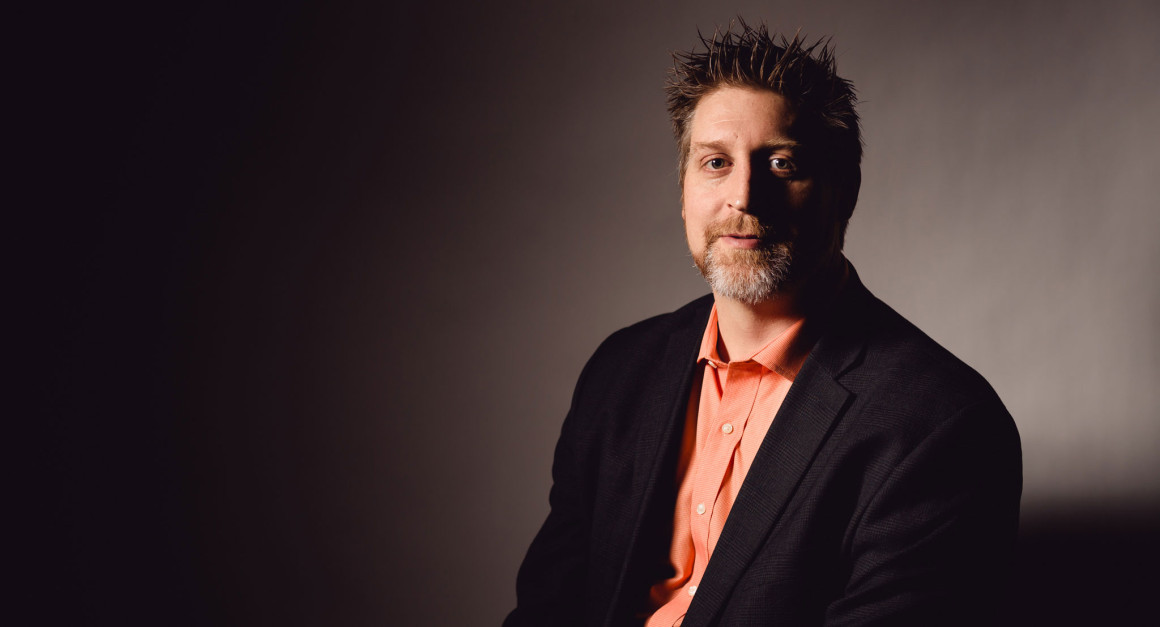
U of C professor dissects how terrorist organizations radicalize Canadians
By Susan Anderson, January 15 2015 —
An aggressive new terrorist organization dominated headlines last year. The Islamic State, also known as the Islamic State in Iraq and Syria (ISIS), overran parts of war-torn Syria and Iraq, claiming large swathes of land as their own sovereign state.
ISIS is known as al-Qaeda’s more brutal offshoot and many of their recruits aren’t native to the Middle East. They commonly recruit from Western countries, including Canada. This marketing strategy often puts Western defectors front-and-centre, showing would-be terrorists that men and women like them have joined their ranks.
Micheal Zekulin is a political science professor who focuses on homegrown terrorism. The Gauntlet talked to Zekulin about ISIS’s recruitment strategy, the rivalry between terrorist organizations and how to defeat their messaging.
You wrote in the National Post that ISIS is watching us. What do you mean by that?
We often talk of this idea of counter narratives. They seem to be watching us and responding to what we are doing. They are then trying to twist that and turn it back as a means of why you should join up.
Can you go over the messages that ISIS was putting forward in their video?
They are trying to turn the tables on us. The Canadian population seems to be supportive of the government’s decision to join the air strikes against ISIS. [So ISIS’s message is] if we hadn’t done this, they wouldn’t be attacking us. If you stop doing this, you’re going to be left alone. It’s just flipping the narrative about who’s responsible.
The second thing was the specific mentioning of legislative policies that were spoken about publicly. [The Canadian] government suggested, in response to the October attacks, we are going to look to introduce measures for increased surveillance and detention. And that is directly mentioned by the individual addressing Canada.
[The third message] tries to highlight normalcy. So, ‘I am a normal individual. I grew up doing X, Y and Z and I have joined this group.’ It could be anybody. And that’s part of the terror aspect of it.
One of the messages that seems to be resonating in the media, especially after the October attacks in Canada, was that these individuals were under mental duress with a criminal background and had come from broken homes. These are simple explanations to help us feel safe.
If you look at a larger sample size of individuals who become terrorists, they are, for lack of a better term, scarily normal.
How should Canadians respond?
For the longest time, Canadians have felt that there’s something about Canada that’s going to keep us immune from these types of issues. The reality is that even dating back to 2001 and 9/11, we were put on that list. We have to recognize that if we significantly change the way we live our lives, then that’s giving in. At the same time we can’t sit here and ignore it and pretend that nothing’s happening.
Do you have an analysis of the recent attacks in Paris?
This initially looks again like something we would expect from ISIS. Attacks we’ve seen not only in Canada, but in Britain and Australia where you have [very simplistic attacks] with guns, knives or cars and soft targets.
As it turns out, these individuals are apparently al-Qaeda in Yemen. They’re not ISIS. There is a love-hate relationship between ISIS and al-Qaeda. Al-Qaeda and ISIS are different.
How so?
The fact that al-Qaeda has actually resurfaced is an interesting development. Here’s al-Qaeda that has represented this global jihadist movement since 2001. They are the vanguard and all of a sudden, ISIS is stealing their thunder. We have been sitting here asking ourselves, where’s al-Qaeda in all of this? Because al-Qaeda should be looking to re-establish themselves and challenge ISIS saying, ‘no, no, we’re still here, we’re still the movement that people want to follow.’ It’s a competition for resources, for followers.
Two competing [explanations] emerged. First, al-Qaeda is nowhere to be seen because they have been significantly degraded over the past eight, nine years with the War on Terror. They’re not capable. The second was, they’re still capable, but are biding their time.
What I’m talking about is ISIS saying that al-Qaeda has now done something, we have to do something in response, which would, of course, catch us in the middle.
